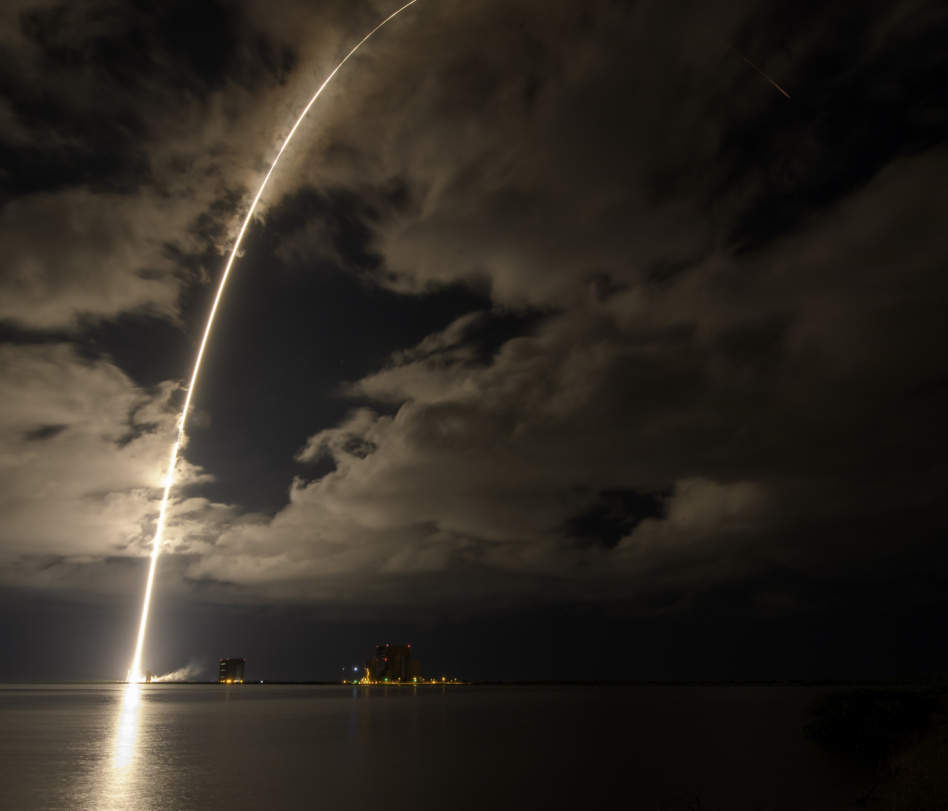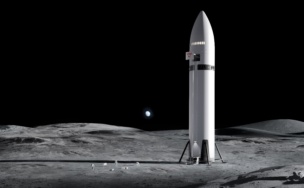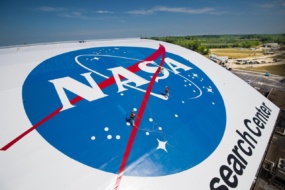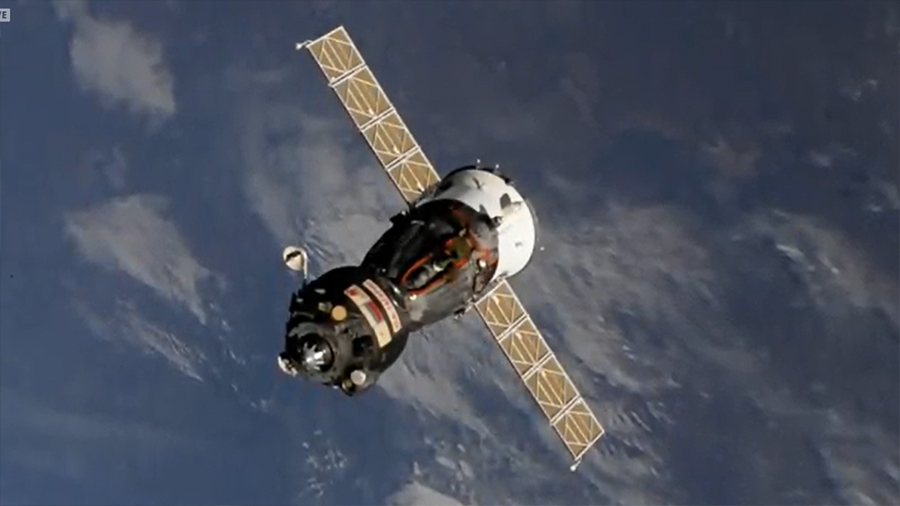Up and away Lucy went in the wee hours of Saturday morning, hitching a ride on a United Launch Alliance (ULA) Atlas V rocket. The robotic asteroid hunter is now traveling at a brisk ~67,000 mph, per NASA.
Lucy blasted off from launch complex 41 in Cape Canaveral at 5:34 AM ET. The launch of the Lockheed-built spacecraft went off without a hitch, but NASA is investigating a solar array issue. Lucy sent its first ping to NASA’s Deep Space Network at 6:40 am ET.
We’re thrilled NASA chose the name Lucy rather than some funky acronym. Named after a Beatles song, the $981 million mission is expected to last 12 years, log nearly 4 billion miles, and probe eight of Jupiter’s Trojan asteroids. On the docket:
- Earth gravity assist in 2022
- 2027 arrival and four targeted flybys
- Return to Earth for another gravity boost in 2031
- 2033 encounter of a second swarm of Trojans
“Lucy embodies NASA’s enduring quest to push out into the cosmos for the sake of exploration and science, to better understand the universe and our place within it,” NASA Administrator Bill Nelson said.
The bigger picture: SpaceX is taking cargo and crews to the International Space Station. Plenty of other companies are ramping up operations in low-Earth orbit. With more ISS and LEO needs being met by the private sector, NASA is shifting its focus to deep space exploration (and, of course, Artemis).





